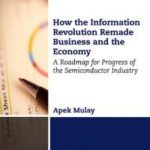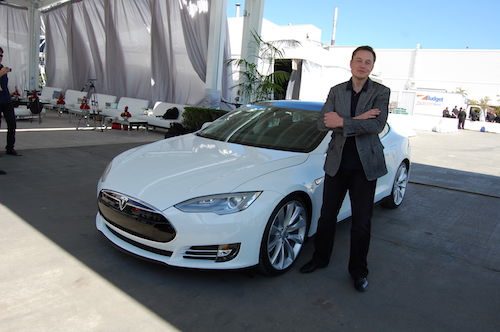This has been originally published on EBN. Please click here to read the original article.
This morning, I read an article on CNBC where the CEO of Tesla and notable entrepreneur whom I had always admired as an engineer, Elon Musk, advocated that there should be universal basic income (UBI) for people. He posited that it would lower the risk of backlash against the technology sector.
In spite of my admiration for Mr. Musk’s Tech skills, I believe that such a policy is going to be disastrous for the U.S. economy and even for the technoloyg sector in the long term. In fact, I am surprised that a great entrepreneur and founder of great companies like SpaceX and Tesla cannot envision the problems that his policies are going to create for the U.S. economy and for the techology sector.
First, U.S. has a huge national debt of $20 trillion. Advocating dole-outs like the UBI will our national debt grow substantially. Just imagine if Tesla had to increase their corporate debt by a few hundred billion dollars every year. Without sufficient sales, the company would be unable to repay the debt on time. Who would be responsible for paying that extra debt? Mr. Musk’s group of companies would. A failure to do so would affect his credit rating and reduce his credit line. In worst case, the business might have to declare a Chapter 11 bankruptcy.
The United States is no different. A UBI would create huge debt and tax payers would have to foot the bill. Unfortunately, nobody wants to pay higher taxes in this economy. Perhaps tech company CEOs want to pay the additional tax personally (through, say, a UBI tax) for advocating UBI. I am sure that unemployed Americans would be delighted by your generosity. I suspect, though, this answer would not be a popular one with technology leaders.
Instead, we have to realize that UBI is unsustainable for any economy. For a healthy economy, supply and demand are necessary. Supply comes from productivity of the workforce and demand comes the wages of the workforce. For a healthy economy, both the supply and demand must grow.
Automation and artificial intelligence (AI) change this equation. If unemployment is created in domestic economy and unemployed depend on doles like UBI and the number of unemployed keeps growing, the generation of economic demand is compromised. Without economic demand, technology will not progress. Like any company, a comany that caters to AI products needs more customers to increase its revenues. If artificial intelligence increases the number of unemployed, the UBI tax on taxpayers grows as well. This proposed UBI will likely create a backlash amongst the employed. Meanwhile, the unemployed will begin to depend on the UBI for survival. Do you envision such an economy for America?
I believe a free market solution is better. Supply must balance with demand and only when both supply and demand grow will we sustsain technological progress. A free market solution enhances technological progress, increases quality of life for human beings, and lead to improved return on investment (ROI). It would result in lower taxes and reduce the size of government.
I would vehemently oppose any proposal to introduce UBI. As explained by economist Professor Ravi Batra in a recent video below, any government spending goes into the pockets of richest 0.1% Americans and just 5% of that spending reaches the people who really need help. In that case, a proposal to have a UBI would further enrich many at the top while further increasing poverty, unemployment, and the national debt of the U.S.
We have some cautionary examples. The automotive industry and big bank bailouts did little to improve the U.S. economy. What do you think? Let us know in the comments section below.


Recent Comments